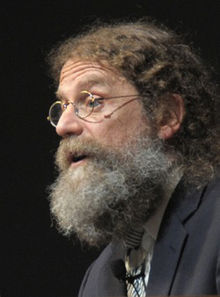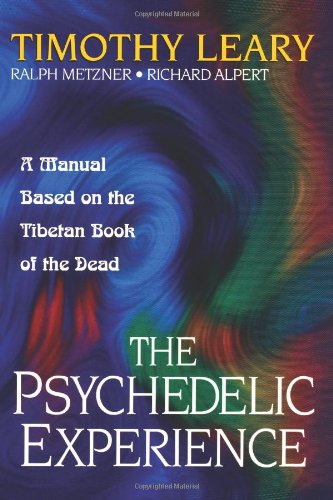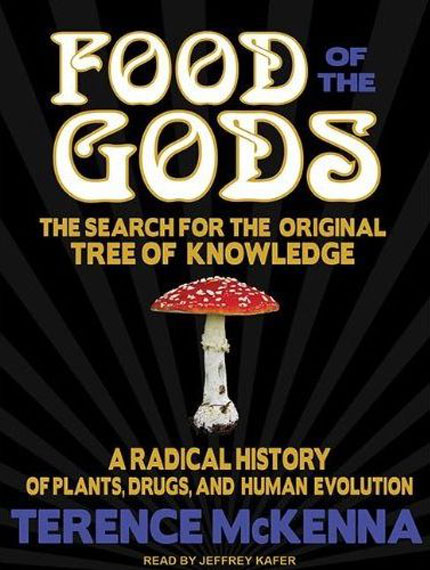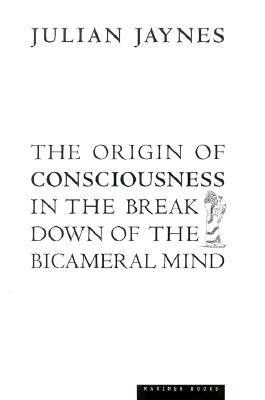Category: science (Page 16 of 24)


 The Psychedelic Experience: A Manual Based on the Tibetan Book of the Dead by Timothy Leary,
The Psychedelic Experience: A Manual Based on the Tibetan Book of the Dead by Timothy Leary,
Ralph Metzner, and Ram Dass.
Food of the Gods: The Search for the Original Tree of Knowledge – A Radical History of Plants, Drugs, and Human Evolution by Terence McKenna
DMT: The Spirit Molecule: A Doctor’s Revolutionary Research into the Biology of Near-Death and Mystical Experiences by Dr. Rick Strassman
The Origin of Consciousness in the Breakdown of the Bicameral Mind by Julian Jaynes
I really enjoyed reading Longitude: The True Story of the Lone Genius Who Solved the Greatest Scientific Problem of his Time by Dava Sobel. The book provides a well written narrative on the eventual development by John Harrison of a chronometer which could accurately measure time during ocean voyages.
This post is a sequel to a previous story.
Warren, Ben, David, and Taylor meet again. This time they are violently coughing.
Ben: Why is the air is so dirty?
Taylor: Yes, I can hardly see more than a mile through the pollution.
David: It’s sad that we have done this to our once beautiful city. Will we ever be able to clean the air?
Ben: Not sure, perhaps Warren has another great idea?
Warren: I have an idea, but I am not sure if it will work. More of hypothesis really…
David: Any idea is a good idea in these depressing times.
Taylor: Please tell us your idea Warren.
Warren: Well, it’s similar to that idea I had along time ago about pieces of the paper.
Ben: Yes! How could we forget, that idea made us very rich!
David: Make pieces of paper to clean air?
Taylor: I don’t see the point yet, but please continue.
Warren: Just think of these figures — the average human lives 67 years; this person will inhale about 11,000 to 14,000 liters of air each day; thus, in a life-time a person will inhale about 6.5 billion liters of air.
David: Wow! that seems like an enormous quantity of air.
Warren: It’s about the volume of 2,600 Olympic-size swimming pools.
Taylor: Remarkable when you put it into perspective.
Ben: What do these figures mean?
Warren: Ah, well they provide an upper estimate on the volume of air a person needs to live for a life-time. Now, we can place a value on clean-air.
Ben: With pieces of paper?
Warren: Yes, exactly.
David: Each piece of paper could be worth a life-time of clean air?
Taylor: Interesting…
Warren: Sounds like a good idea, right?
Ben: I think so, but there are some issues with this idea.
Warren: Please explain.
Ben: Well, what if a person does not own one of these pieces of paper? Do they not get to breathe? It does not seem possible to force people to buy these papers.
Warren: I would never allow that to happen! Rather, these pieces of paper are only theoretical rights to clean air. Much like the idea of paper representing the value of a company. The paper only obtains value through trading in a market.
David: I see! Through the complex interaction of market agents we will be able to establish the value of clean air.
Taylor: Not to mention the money we will intially raise by selling these pieces of paper.
Ben: Just like Warren’s other idea!
David: Ironically, people would expect the value to increase as pollution gets worse.
Warren: And, as the value increases, a larger amount of money can be raised by additional issuance of these papers. With this money we could develop sophisticated clean air technologies.
David: If the technologies work then the value of the papers should decrease.
Warren: True.
Ben: I like the idea. But I feel it would not work. An international organization would have to be responsible for issuing these pieces of paper; the organization’s sole purpose would be to clean and reduce pollution. And, as we know from history, corruption is always a problem.
Taylor: I agree. If the people running the organization don’t spend the money properly, the whole idea will crumble.
Warren: Well, like I said before, I am not sure if the idea will work.
David: I think it’s at least worth a try.
Ben: Agreed!
Taylor: So… how do we get this idea off the ground?
Exploring Complexity is a good blog on the science of complexity by Melanie Mitchell.






